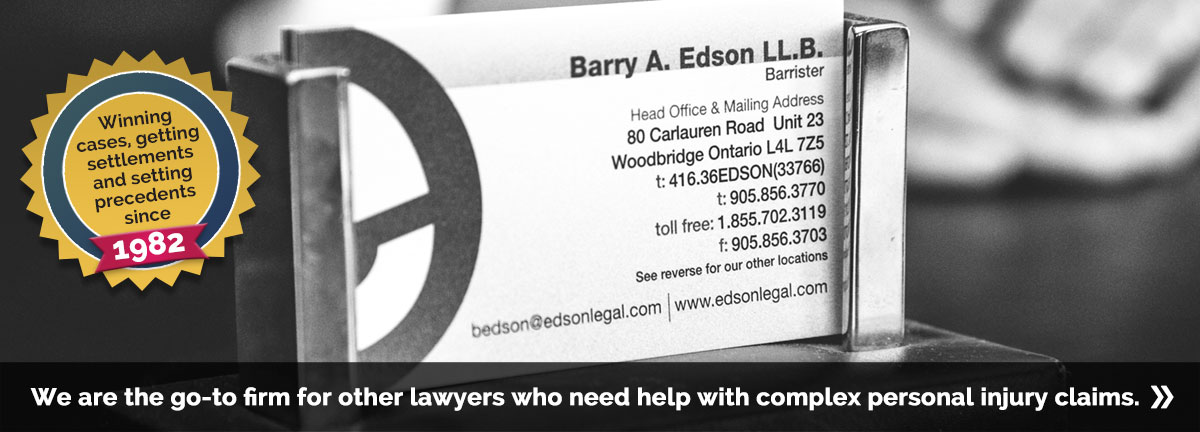If income tax was not deducted when issuing the STD and LTD payments, then the benefits will be taxed. The CRA released a new guideline for business incorporation and employers in January 2015 that required all employers to ensure STD and LTD payments are taxed during issuing. Employees who receive benefits no longer have to pay tax when filing their annual income tax returns.
The updates made by the CRA in 2015 changed the method of calculating taxable STD and LTD benefits. In previous years, you would pay tax for your disability benefits when filing your annual income tax returns. This meant that the income tax was never deducted when issuing disability payments. However, now that the benefits have to be taxed when payments are issued, things have changed for the better.
LTD wage-loss replacement plans (WLRPs) are designed to protect employees in the event of an accident or sickness that results in a disability. This is also subject to tax, which must be paid by the employer when they’re making contributions. This tax is reported on your T1.
Payments for loss of income, which are known as Income Replacement Benefits and paid by an automobile insurer after an automobile accident are not taxable.
Employee paid premium payments
If you paid the insurance premium and did not deduct the cost of the premium from your income, then the disability benefit is not taxable. If, however your employer paid the premiums then any disability benefit received is taxable. Some employees will pay the full amount of their STD or LTD premiums. If this is the case, the premium payments are not taxed. This is because you’re using after-tax dollars as an employee to make these payments hence you don’t have to reduce your income further by paying for tax to cater for the premiums for disability insurance. Even after the employee, who was paying for their premium in full, gets the disability benefits, it will generally not be taxed.
Premiums paid by the employer
There are other cases whereby the employer pays all your STD or LTD premiums. When you receive the compensation from your employer-paid premiums, you will be taxed. This includes all forms of compensation from employer-provided parking to salaries and wages. Whenever an employer pays for the premiums in full, expect to pay tax on the benefits you receive in case of a disability. Therefore, at the end of each year, the employer will have to add the premiums they pay for you to your income or as a lump sum on your T4.
There are also cases where the insurance premiums are shared between you and your employer. If this is the case, expect to get tax-free benefits that are equal to your own contribution. You’ll only qualify for the non-taxable plan if you pay the full premium. This can be done through payroll deductions, which the employer must show in order for you to qualify for a non-taxable plan.
STD and LTD policies are unique and you need a litigator who will help you understand the complexities of disability benefits.




